Category:
Topic:
02/03
Sophisticated technology analysis made easy
The global data analytics platform for policy makers, investors and corporations financing emerging technology.
03/03
Get in touch
Connect with us in your preferred channel.
Category:
Topic:
02/03
Sophisticated technology analysis made easy
The global data analytics platform for policy makers, investors and corporations financing emerging technology.
03/03
Connect with us in your preferred channel.

Technology culture is fuelling an industry of wellness and life coaching ... and you are the product.
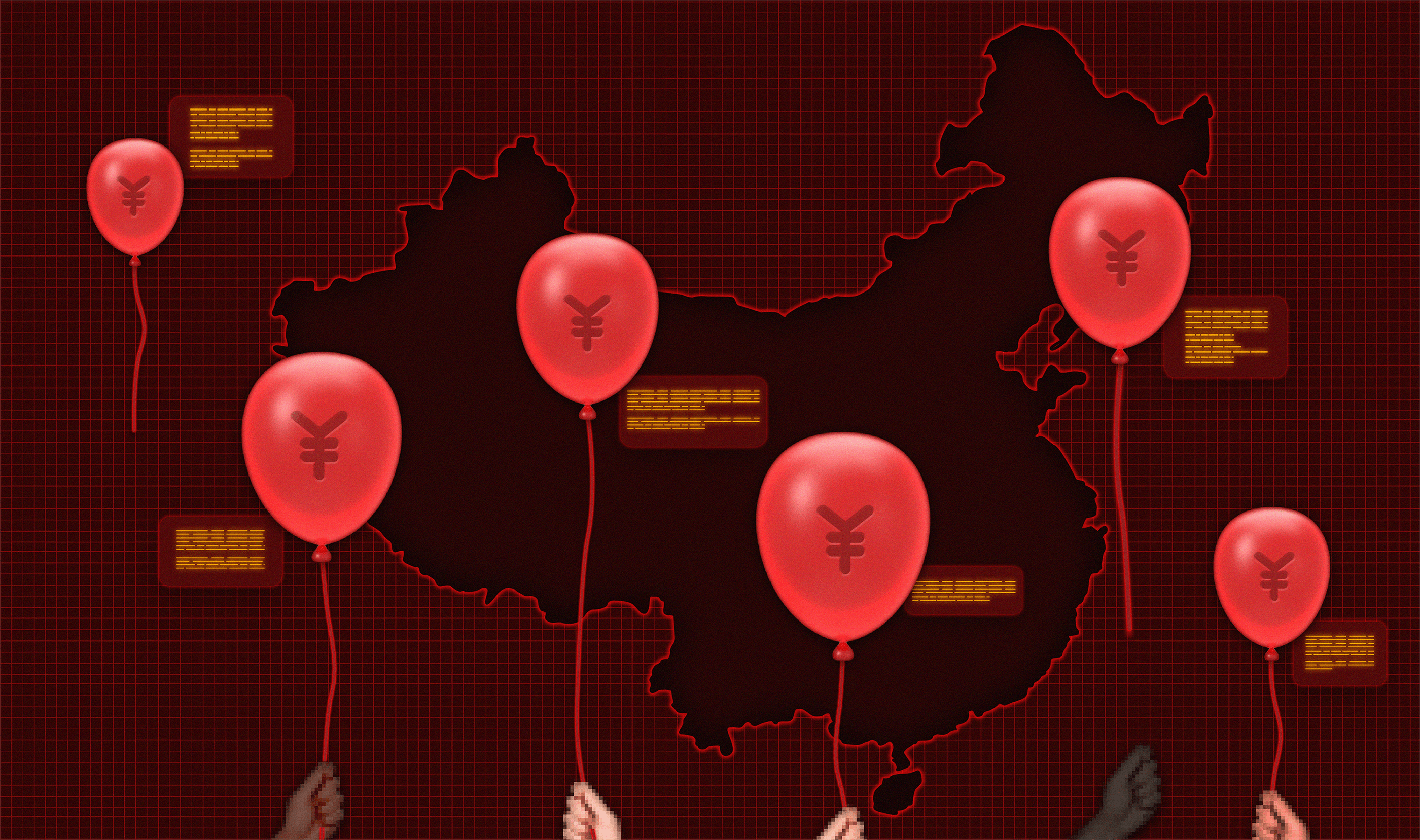
It is impossible to know the full calculus behind Xi’s hopes for “trickledown” common prosperity. While his aim of levelling the playing field is, likely in part, driven by a motivation to maintain personal and party power, his recent reforms will make at least a small dent in China’s rampant inequality.

Tech and religion are intertwined … and, like all things in interaction, they impact one another’s evolution.

Covid-19 has normalised unconditional welfare transfers, even in societies traditionally resistant to public “giveaways.” What existing precedent exists for universal basic income, and how could it impact the virtual economy ... not to mention the one most of us still live in?
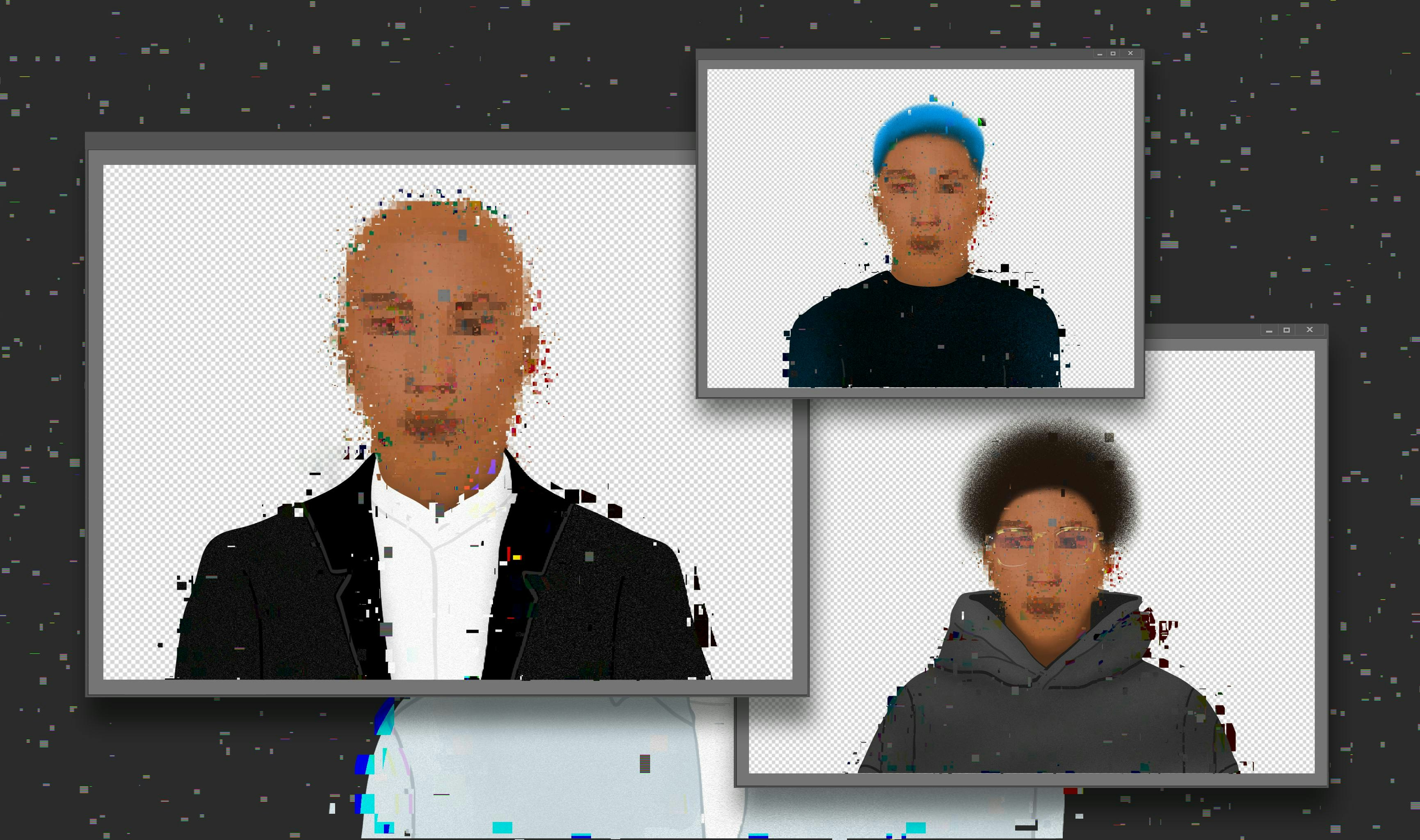
Is identity in the online world so different from the offline one? L'Atelier's digital anthropology stream discusses why we think digital selves do and don’t represent something transformative in how we see and understand identity, before looking to the future to consider where things might go.
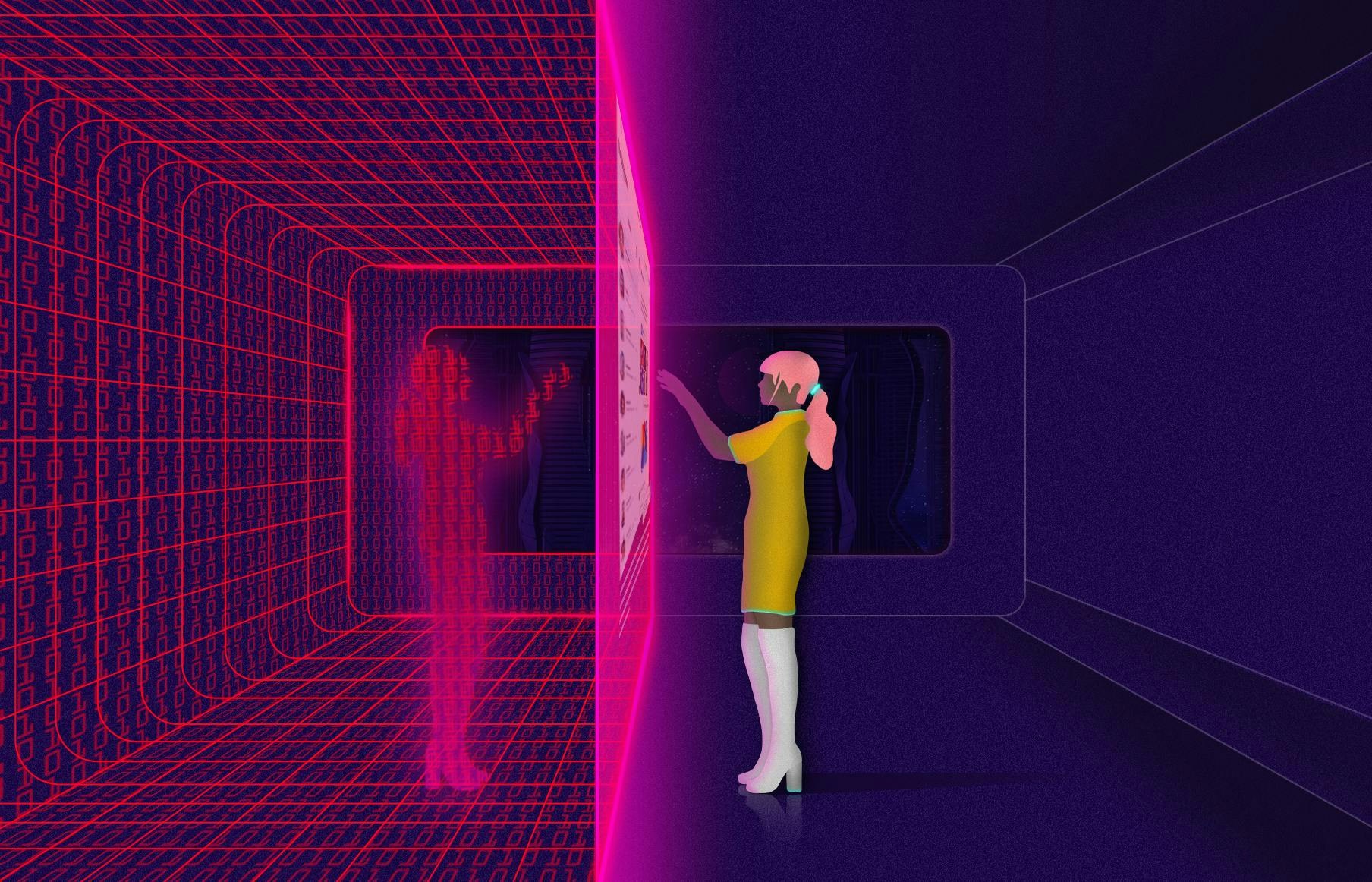
Virtual influencers, a new generation of “virtual celebrities,” are challenging our perception of fame, influence, and the ethics of manufacturing drama.
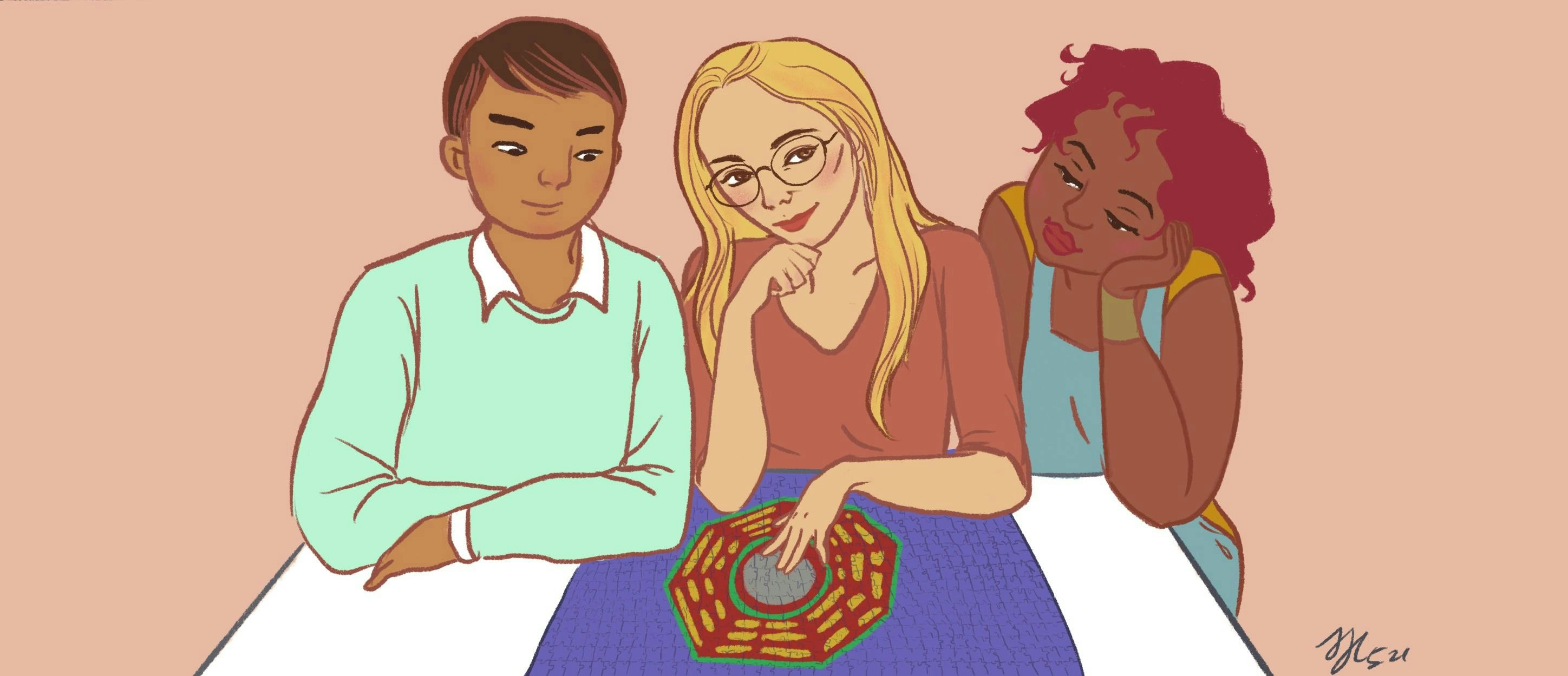
In this QA, L'Atelier digi-anth researcher Nathalie Béchet describes what she considers digital anthropology to be, why it matters, what purpose it serves in companies and for communities … and what most excites her about the future.
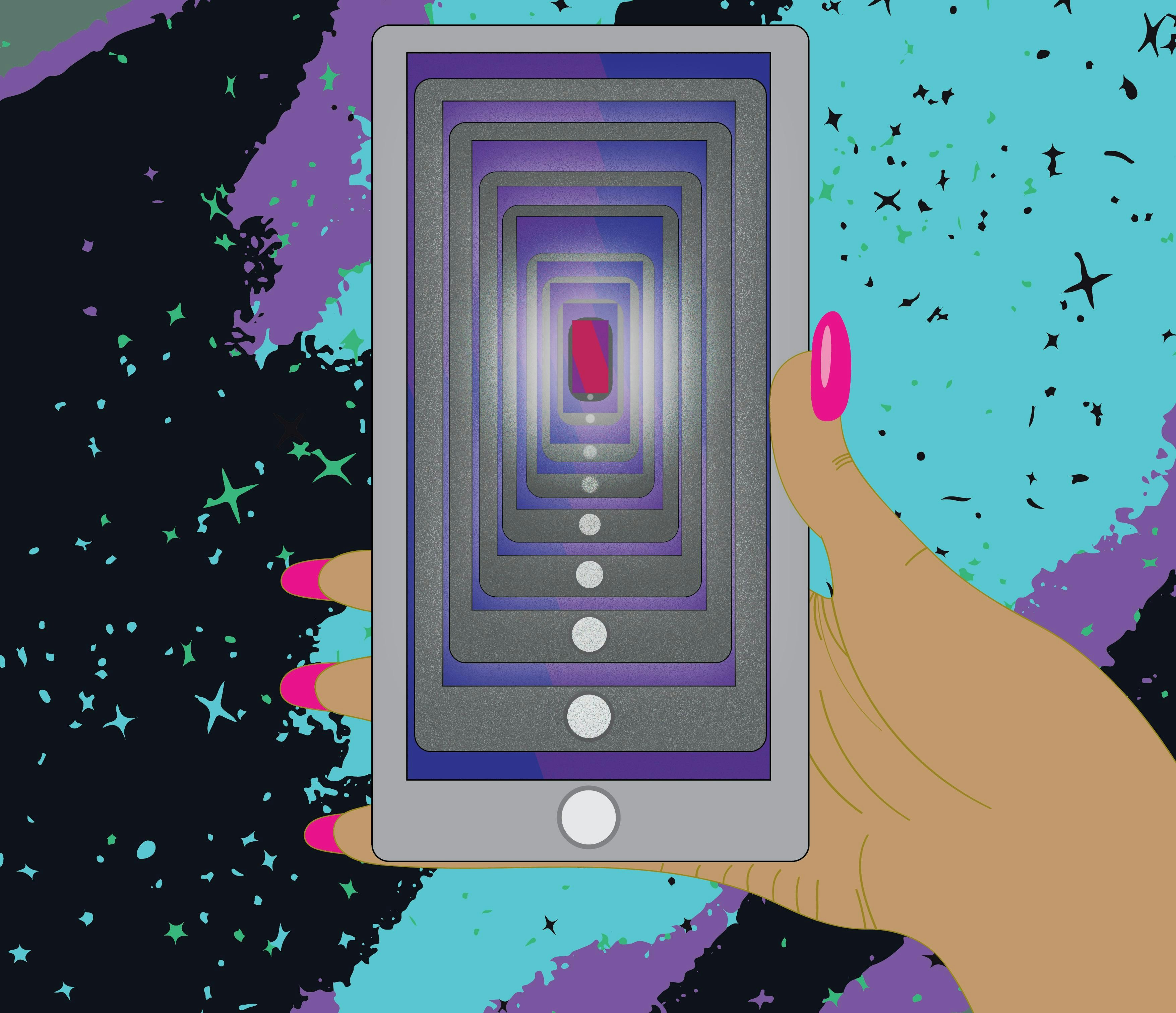
In 2015, Snapchat released beautification filters, a seemingly benign way to enhance your look, but they wreak havoc on mental health. Why do these filters exist? What vacuum do they fill, and what do they say about technology and its implications for the lived human experience?
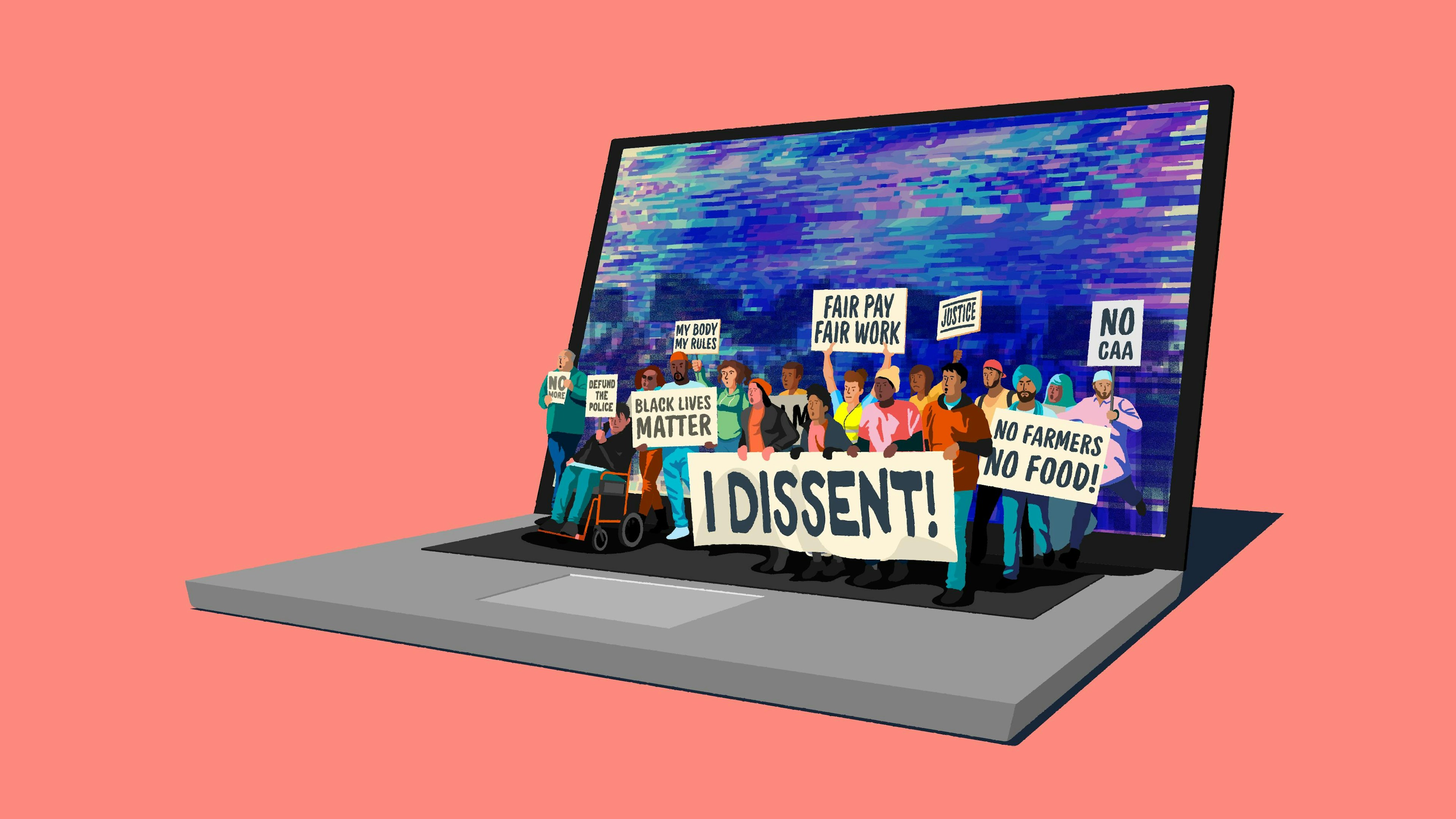
It is tempting to reduce dissent to a series of disruptive activities. But it’s crucial to remember it is a direct response to the acts of public institutions and structures of authority. In the virtual world, however, the state feels less visible. This is about to change.